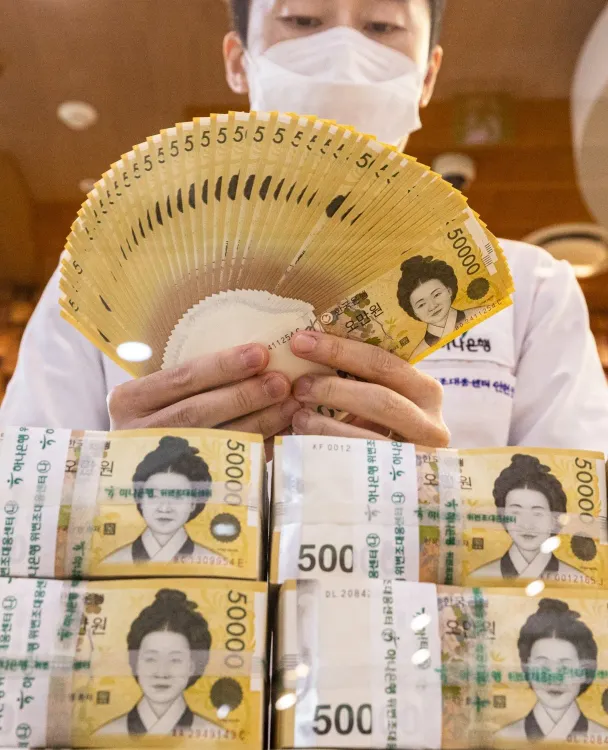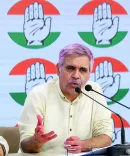Will the South Korean Government and Ruling Party Discuss Capital Gains Tax Revisions?

Synopsis
Key Takeaways
- Government and DP agree to discuss capital gains tax proposal.
- Potential reduction of large shareholder threshold from 5 billion won to 1 billion won.
- Proposal could reverse previous tax policy changes.
- Concerns about investor sentiment and economic implications.
- Government to prepare for APEC summit in Gyeongju.
Seoul, Aug 10 (NationPress) The government and the ruling Democratic Party (DP) have reached an agreement on Sunday to discuss the recent proposal by the Lee Jae Myung administration aimed at redefining large shareholders in order to enhance capital gains tax revenues.
This high-level meeting, led by Prime Minister Kim Min-seok at his official residence, included discussions regarding the contentious proposal to reduce the threshold for classification as a large shareholder from 5 billion won (approximately US$3.59 million) to 1 billion won, as noted by DP senior spokesperson Rep. Park Soo-hyun during a press briefing, as reported by Yonhap news agency.
If implemented, this initiative would reverse the former administration's choice to increase the threshold from 1 billion won to 5 billion won to alleviate capital gains tax obligations.
“The party and the government engaged in close consultation and have agreed to deliberate on the issue while monitoring forthcoming developments,” stated Park, who also mentioned that the party's policy committee had shared its stance on the proposal with the government.
Additionally, both parties deliberated on follow-up actions regarding the recent trade agreement between South Korea and the United States, agreeing to offer support to industries and businesses likely to be most affected by the new U.S. tariffs, according to Park.
He added that the party urged the government to effectively explore avenues for South Korean businesses to enter the U.S. market while negotiating with Washington on the timeline for reducing auto tariffs.
The party also requested the government to meticulously prepare for the upcoming Asia-Pacific Economic Cooperation summit scheduled to take place in the southeastern city of Gyeongju in October.
Meanwhile, South Korean stocks experienced their most significant drop in nearly four months earlier this month as investor sentiment was negatively impacted by the government's tax revision proposal aimed at increasing taxes on corporations and stock investors. The local currency also faced a sharp decline against the U.S. dollar, surpassing the 1,400-won mark for the first time since May.









